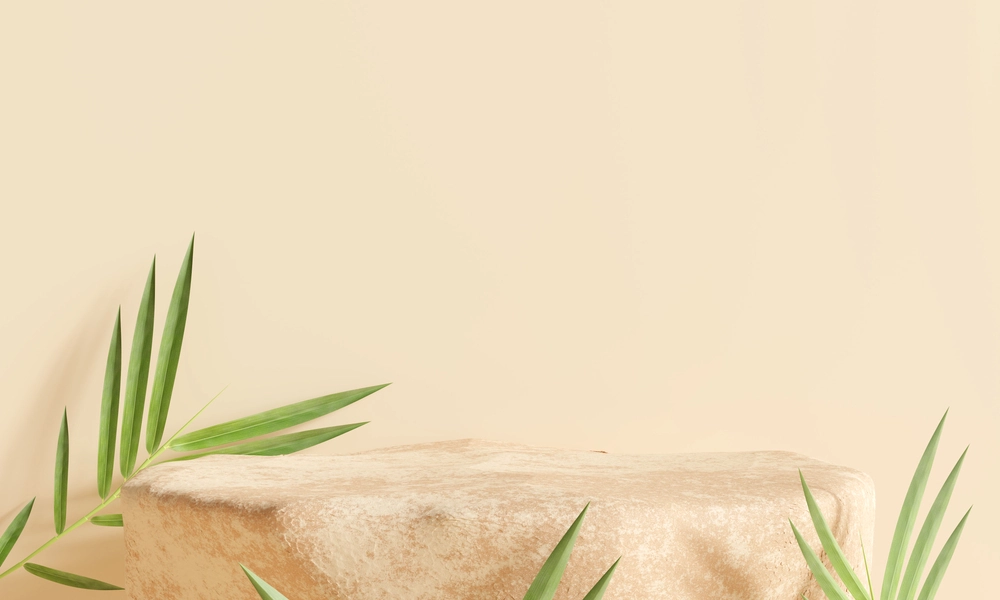
How to Dispose of a Bamboo Toothbrush in 3 Steps
A bamboo toothbrush is biodegradable, but you must remove the handle before composting it. If you intend to use the toothbrush for cleaning purposes, you can leave the bristles intact. If you intend to compost it, you can follow the steps outlined below:
Bioplastic toothbrushes are made from plant-based materials instead of petroleum Unlike regular toothbrushes, bioplastic toothbrushes are made from plant-derived materials such as castor beans. The packaging of the bioplastic toothbrush is made from wood waste. The bristles are made of castor oil-based nylon, which is derived from the castor bean. This type of toothbrush will eventually replace conventional nylon. You should try it out if you’re looking for a sustainable, environmentally friendly toothbrush.
There are several advantages to bioplastic toothbrushes, including that the bristles are softer and will decompose in about four to six months. Another great benefit is that these toothbrushes are made from sustainable bamboo. Bamboo is a fast-growing plant that grows quickly. Bamboo is also a great material to use in toothbrushes, and it composts quickly. While plastic takes 500 years to decompose, bamboo bristles will compost in as little as four months. In addition, bamboo is grown in China, so it must travel a long distance before reaching the United States. The production of plastic toothbrushes leaves a large carbon footprint.
Most conventional toothbrushes use petroleum-based plastic for the bristles and handle. This plastic is non-renewable and can only be recycled a limited number of times before it degrades into microplastics. These plastic particles can contaminate our ground water, oceans, and landfills. Therefore, it’s important to switch to bioplastic toothbrushes when buying one.
Bioplastic toothbrushes are safe for pandas
Eco-conscious consumers may wonder if Bioplastic toothbrushes are safe for panda bears. The good news is that bioplastic materials don’t cause panda problems, nor do they harm the animals. Pandas are protected from human exploitation, and they are very much loved and adored. However, these plastic products can harm the environment. Therefore, it’s important to choose toothbrushes made of plant-based materials.
The Moso bamboo handle on Bioplastic toothbrushes is a great way to protect pandas. One bamboo stalk will grow to 50-75 feet in about two years. Bioplastics are not yet perfect, but environmental experts are making a push for innovative plastic alternatives. These bamboo toothbrushes are one example of this trend. Bamboo is also a great plant, and each toothbrush comes with a plant-based handle, which is biodegradable.
Panda Brushes are also great eco-friendly products. They are 100% plastic-free and made of sustainable bamboo. Bamboo is a great material to use because it grows rapidly without pesticides. Bamboo also has natural antibacterial properties, so the brush doesn’t need to be discarded after use. Bamboo is an excellent source of bio-plastic materials, and the handle is naturally water resistant. It also works as an antibacterial agent.
Bioplastic toothbrushes are compostable
To understand whether bioplastic toothbrushes are compostable, they must undergo a test. Most toothbrushes contain some kind of plant-based material, such as bamboo. If the bristles melt when subjected to heat, they are plastic. If they do not melt, they are biodegradable. Other materials, such as bone-anchored toothbrushes, may be compostable. For this reason, it is important to find a toothbrush that has a compostable handle.
One eco-friendly brand is The Humble Co., which specializes in plastic-free products. They have a variety of organic toothbrushes available for purchase. Bioplastic toothbrushes do not contain DuPont nylon, which is not biodegradable. Bamboo-based toothbrushes are made with 100% biodegradable material. The Humble Co. has a line of toothbrushes with bamboo handles.
Nylon 6 is the most commonly used material for toothbrush bristles. But unlike nylon 4, it is not biodegradable. Biobased plastics have the same end structure as fossil fuel plastics. Hence, their biodegradability is not guaranteed. However, bioplastic toothbrushes may break down with the help of microorganisms. As a result, the material they leave behind may be composed of water, smaller plastics, and toxic residues.
